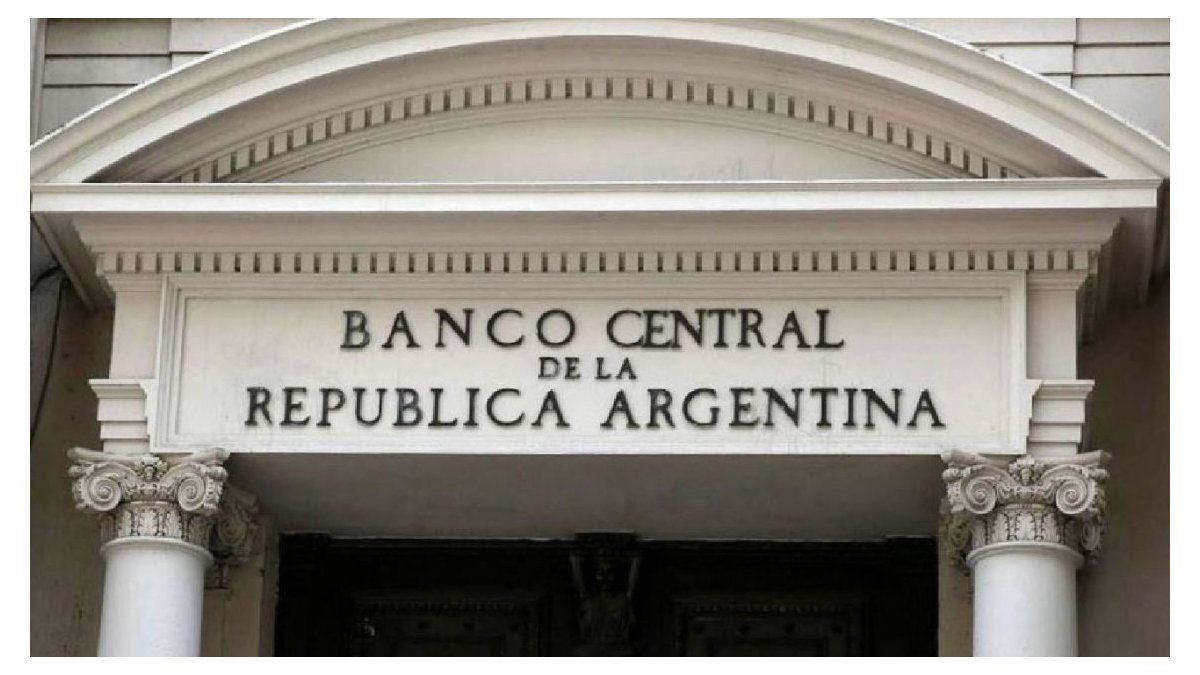Bolsas y Mercados Argentinos (BYMA) announced that semi-annual interest on debt bonds will be paid to private creditors for some US$1,022 million, and this was interpreted as a positive sign by the markets. Although they expire on July 9, because it is Sunday and, on top of that, a holiday in Argentina for Independence Day, it will take effect on Monday. But, the operation has a full impact on the reserves of the Central Bank (BCRA), which on Friday, July 7, they already reflected the payment of global bonds in dollars and euros and fell by US$822 million compared to the previous day (the difference with the total is that some US$300 million is in the hands of public entities). But, how is the payment process and which bonds pay maturity this Sunday?
The coupons to be paid, whose expiration date is July 9, correspond to those restructured in 2020 by the former Minister of Economy, Martín Guzmán. These are papers AL29, AL30, AL35, AE38 and AL41, for which US$355 million will be paid, the Global ones in dollars 2029, 2030, 2035, 2038, 2041 and 2046 (to which US$630 million correspond ) and the Global ones in euros 2029, 2030, 2035, 2038, 2041 and 2046 (which add maturities for the equivalent of u$s40 million).
Not all have the same payment process, since that varies depending on where they have been issued. And that is decisive for the real impact that each coupon cancellation will have on the BCRA’s reserve accounting.
Bonuses: this is the payment process for each one
So, how is the payment process of each one? According to experts on the subject, local law bonds they are deposited in the Caja de Valores and begin to operate as MEP dollars. This implies that “as long as they remain in the system, they are reflected in the Central’s international reserves,” explains the source. But, on the other hand, Caja de Valores also remits payment to Euroclear/DTC in the cases of holders who want to receive payment in accounts abroad or who directly reside in another country, for which, in this case, just when the payment is drawn, they are no longer counted in the reserves.
While, Foreign Law Bonds (NY) are paid by the paying agent, which is established in the issuance prospectus of the respective papers. In the case of those bonds that the BCRA is responsible for paying, the funds are transferred on Friday (that is why the payment impacted the reserves that day) and it is paid on Monday since this Sunday is a holiday for July 9, but, In addition, there is no operation on weekends.
Besides, local law bonds are paid by the BCRA and are settled at the Central Registry and Settlement of Public Liabilities and Financial Trusts (CRyL).
The currency of payment: a subject that does not change
“The bonuses always are paid in the currency expressed at the time of issuance and how they were issued otherwise it is default ”, explains a voice from the City. That means that changing the conditions implies defaulting on the debt.
That is why each bond is paid in the currency it is issued. “If a bond is in dollars, the bondholder receives dollars. The same if it is in euros or in yen or in pesos. It receives the currency in which the title is nominated”, highlights the source consulted.
Source: Ambito
I am a 24-year-old writer and journalist who has been working in the news industry for the past two years. I write primarily about market news, so if you’re looking for insights into what’s going on in the stock market or economic indicators, you’ve come to the right place. I also dabble in writing articles on lifestyle trends and pop culture news.




